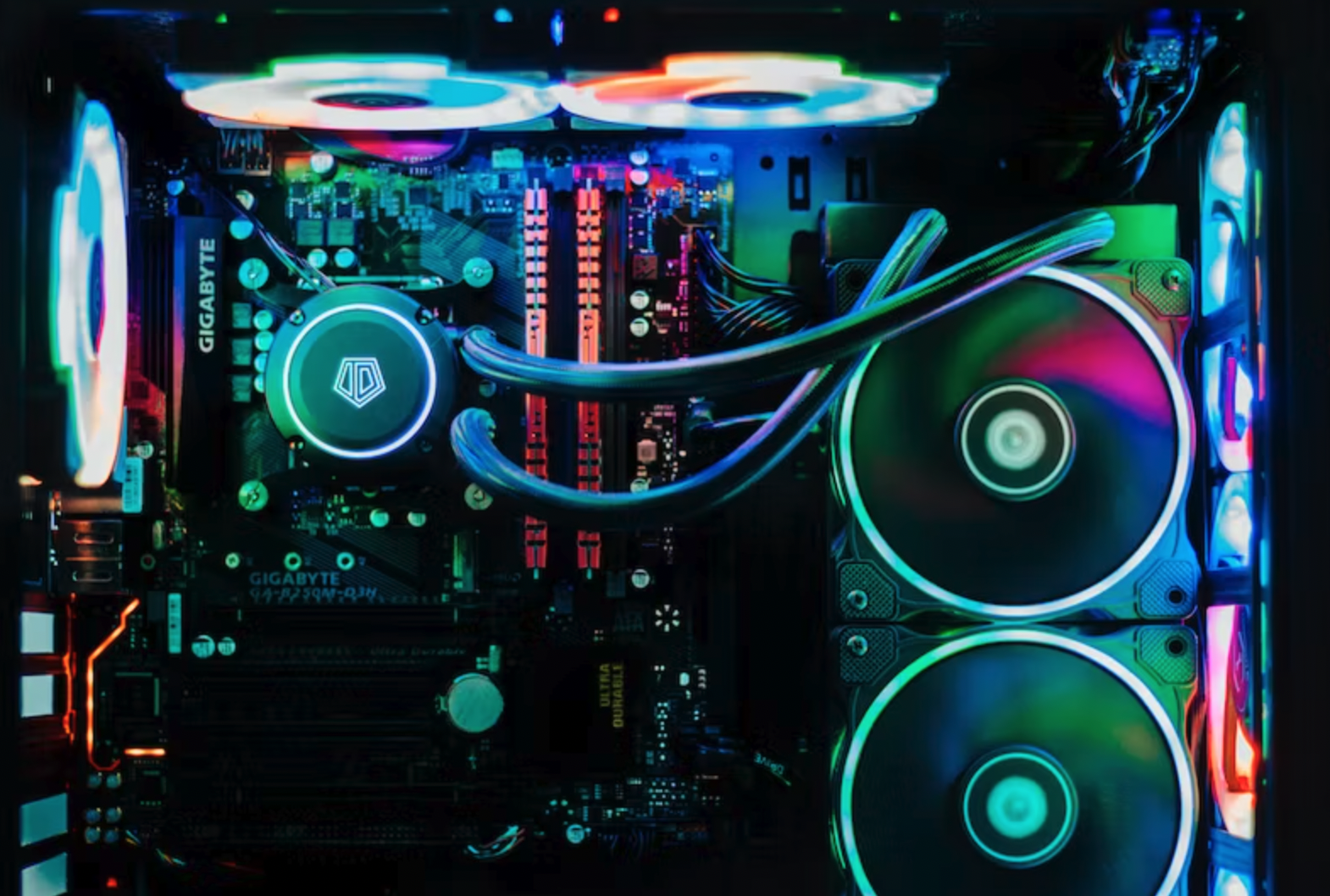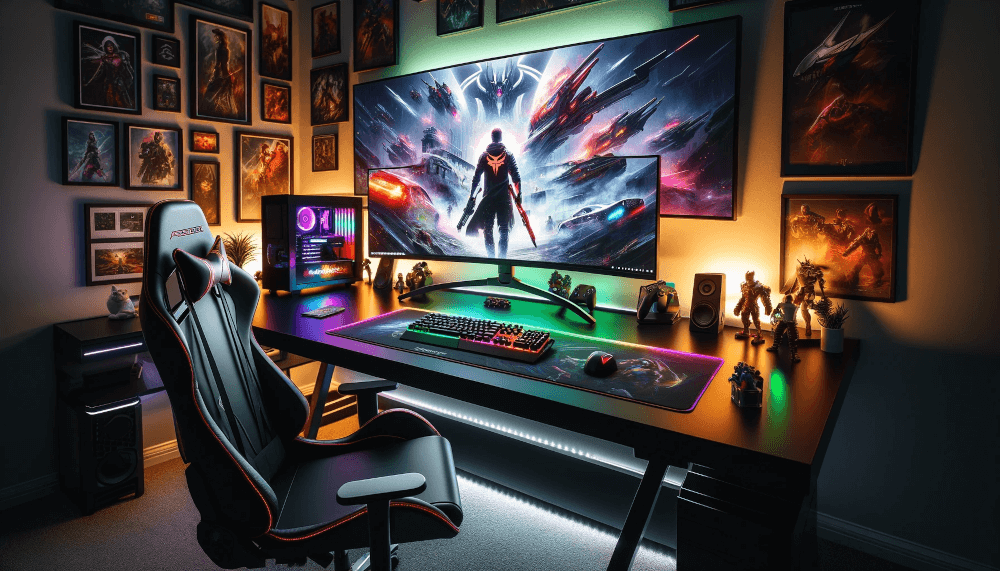“PC Port Problems”: a phrase that strikes fear into the hearts of many gamers.
It conjures up images of glitchy graphics, slow frame rates, and stuttering gameplay. But why are these issues so prevalent in PC ports? Is there something inherent in the process of porting a game from console to PC that causes these problems? Or is it more of a reflection on the state of the gaming industry and the choices made by developers and publishers?
One significant issue that affects the performance of PC ports is the way shaders are handled. In console games, shaders, which are pieces of code that determine how each pixel on the screen is lit and colored, are loaded as a file when the game starts up. However, in PC ports, these shaders are recompiled as you play, leading to stuttering and rendering issues.
Memory differences between PCs and consoles also play a role. Despite PCs generally having more memory than consoles, games designed for consoles often stream necessary data into RAM due to the limited memory available. While PCs could improve performance by loading more assets ahead of time, this would require games to be recoded, an often time-consuming and costly process.
Decompression is another area where differences between PCs and consoles can lead to performance issues. Consoles have a dedicated decompression chip for visual data, while PCs use their CPU, potentially affecting performance. The new Direct Storage API for Windows, which offloads decompression work to the GPU, promises to improve performance, but it remains to be seen how widely it will be adopted and what impact it will have on PC gaming performance.
Multi-threading is an area where consoles and PCs diverge significantly. Console games are typically written with fewer threads in mind, while PCs can handle 12-16 threads or more. Developers face challenges in optimizing games for multi-threading, leading to gameplay issues even with high-end GPUs.
As for graphics API, the disparity between DirectX 11 and DirectX 12 poses difficulties in porting games between Xbox and PC. DirectX 11, commonly used in PC gaming, uses only one thread for rendering, leading to poorer CPU performance. DirectX 12 could remedy this, but it requires significant coding maintenance due to the vast range of hardware configurations possible on a PC.
Furthermore, DirectX 11 does not support asynchronous compute, a feature consoles heavily rely on to increase performance. This results in many mid-2010s games showing lower than expected performance, especially on AMD GPUs.
Aside from these technical challenges, there are other factors at play. For example, there has been a historical trend of games being developed for consoles first and scaled up for PC, driven by business considerations as developers aim to sell more games on consoles. This trend is reminiscent of the 1990s and raises questions about the future of PC gaming.
Another contributing factor is the sheer number of configurations possible for PCs, which contrasts with the limited configurations for consoles. This variety can make it challenging for developers to optimize games for every possible PC setup, leading to a more inconsistent gaming experience on PCs compared to consoles.
The problem of poor PC ports is not just technical; it’s also a matter of business practices and consumer expectations. There’s been criticism in the gaming community about the practice of releasing incomplete games and then issuing patches to fix issues after release. High-profile examples like “Star Wars Jedi Survivor” and “The Last of Us Part One” highlight this problem. Both games launched with significant performance issues on PC, leading to apologies from the developers and promises of future patches to improve performance.
This practice of releasing games that aren’t fully optimized for PC has led to criticism and backlash from gamers. It’s been suggested that developers and publishers should take more responsibility for ensuring that their games run well on all platforms before release. However, there are also commercial pressures that can lead to games being released before they are fully optimized, including the need to release games within a certain timeframe to meet financial targets.
In conclusion, the issue of “PC Port Problems” is multifaceted, with both technical and business factors contributing to the problem. On the technical side, differences in hardware and software between PCs and consoles can lead to performance issues when games are ported from console to PC. On the business side, pressures to release games quickly and the challenge of optimizing games for the wide variety of PC configurations can contribute to subpar PC ports. Despite these challenges, it’s clear that gamers expect and deserve better when it comes to the quality of PC ports, and it’s up to developers and publishers to meet these expectations.



